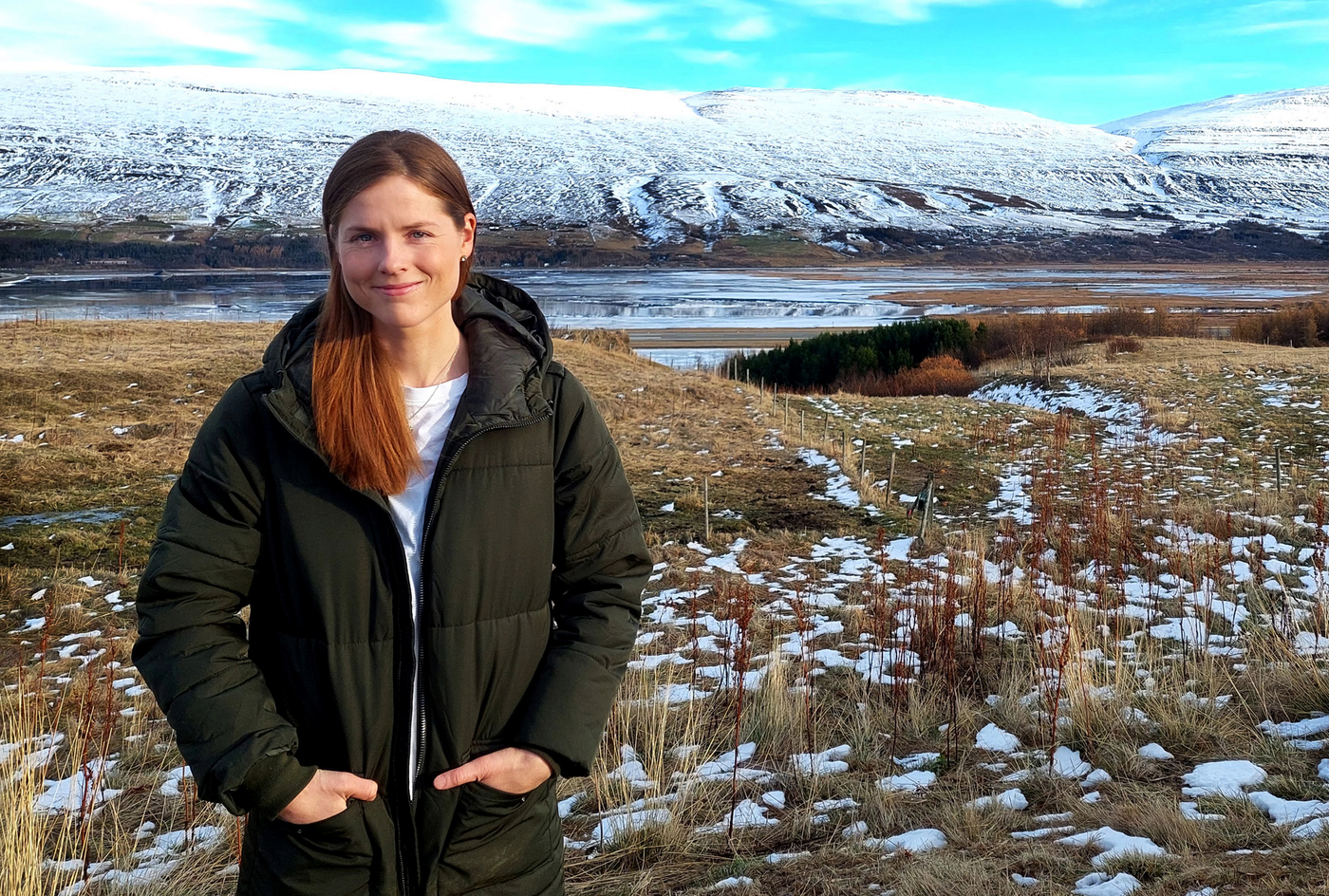There has been much media discussion about the lifestyles of young people, which sometimes involve long periods sitting on computers and other devices, with less physical activity than children used to do. Research shows how important it is for young people to get sufficient exercise. Studies in many different countries have tried answer the question of whether physical activity in childhood has a positive impact on health in later life. A large number of studies have found that this is indeed the case. Scientists thus believe it is essential to monitor and measure how much young people exercise and how that changes over time.
A study at the University of Iceland is currently underway that looks at physical activity and fitness in Icelandic children and adolescents aged 7 to 17. The goal is to find out whether these things change as children grow older and what impact that has on mental and physical health.
"The study, entitled Health behaviour of Icelandic youth, started in 2006 when children from 6 compulsory schools in Reykjavík were invited to take part. There were then 4 follow-ups over a 10-year period," explains PhD student Þuríður Helga Ingvarsdóttir. "Data from such a large study gives us a unique opportunity to observe long-term developments in the health behaviour of Icelandic youth from childhood to adolescence."
Þuríður Helga's research is conducted at the Faculty of Health Promotion, Sports and Leisure Studies.
A scientist aiming to prevent disease
Þuríður Helga's research interests are mainly focused on health behaviour and the development of lifestyle-related diseases. She is a registered nurse and discovered during her training that she was more interested in preventing diseases and health problems than working with the consequences of those problems once they were already present. "It can make a real difference to apply targeted prevention early in life, since the health behaviour that people adopt in younger years is likely to continue to some extent and affect their health later in life," explains Þuríður Helga.
The findings of the study are not yet available, but the scientists expect to see that physical activity and fitness decline over the 10 years and that low levels of exercise and fitness are linked to poorer physical and mental health.
The Strategy of the University of Iceland includes a commitment to the UN Sustainable Development Goals, one of which is focused on health and well-being. Þuríður's research is clearly relevant to this SDG.
"My research is relevant to target 3.4, reducing mortality from non-communicable disease through prevention and treatment. We are learning more about the health behaviour of Icelandic youth so that we can implement preventative measures that promote better health and well-being. This study will yield valuable information about the health behaviour of Icelandic children and how it changes over a 10-year period. The research gives us an opportunity to see where there is room for improvement in health promotion for children and adolescents so that we can apply targeted measures that will boost the health of the nation."
Sustainability is about using knowledge to improve well-being
Þuríður Helga argues that her research also has an innovative aspect, gathering new knowledge about health. "If the healthcare authorities use this new knowledge to improve long-term health and well-being, that would also come under the umbrella of sustainability."
In contemporary Western societies, it is vital that we conduct research that yields evidence-based knowledge about the way people live and the factors that influence general health and well-being. And this is precisely what Þuríður Helga's study does.
"The results will also give us an opportunity to directly influence health behaviour where it could be improved, thereby strengthening and improving people's health and well-being."
Þuríður Helga's main supervisor is Erlingur Jóhannsson, professor at the UI School of Education and her secondary supervisor is Nanna Ýr Arnardóttir, lecturer at the University of Akureyri. She is also collaborating with Vaka Rögnvaldsdóttir and Rúna Sif Stefánsdóttir, both lecturers at the UI School of Education, and Óttar Guðbjörn Birgisson, adjunct lecturer and PhD student at the UI School of Education.




